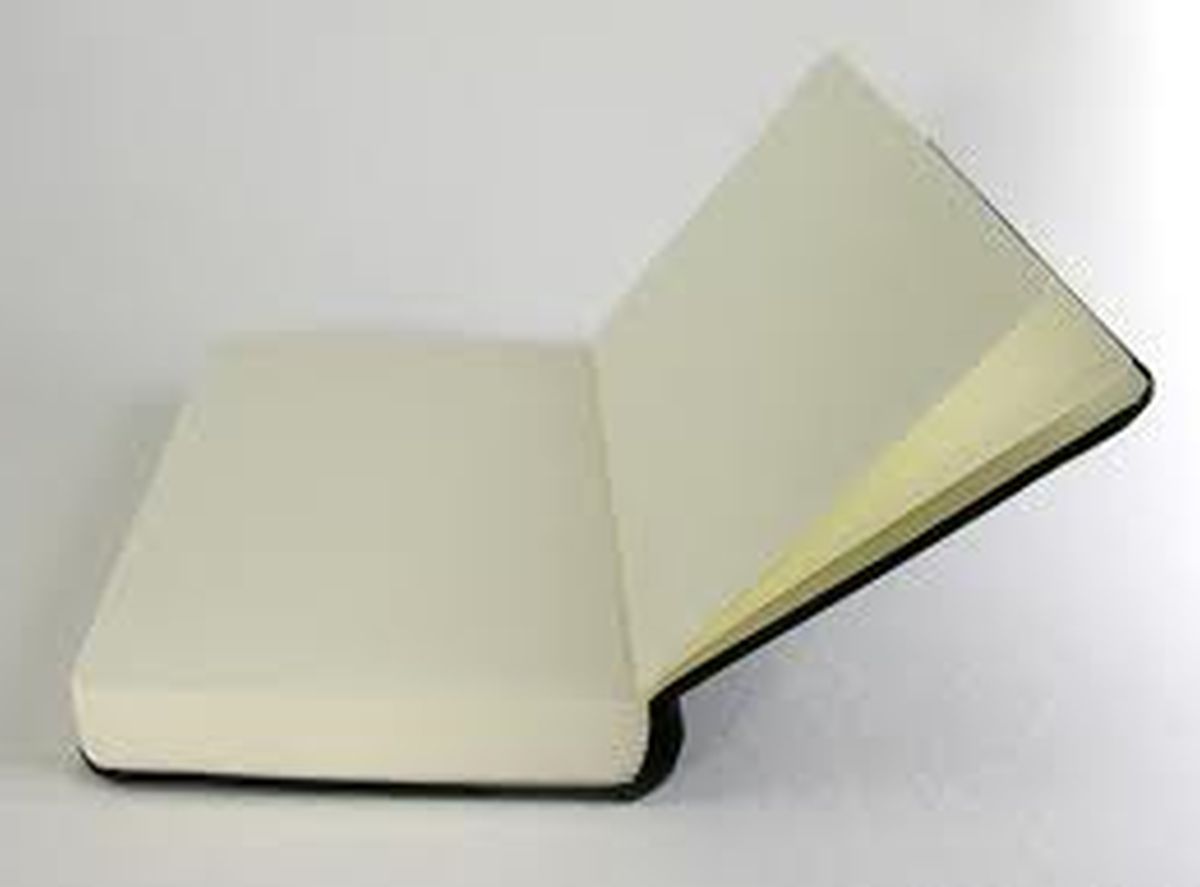 Rafah, August 13 – One patriotic and enterprising Gaza printer made a figurative killing last month after coming up with the idea of selling blank books with Quran covers at a steep discount for purposes of posing just so in the bombed-out ruins of mosques hit by Israel during the war.
Rafah, August 13 – One patriotic and enterprising Gaza printer made a figurative killing last month after coming up with the idea of selling blank books with Quran covers at a steep discount for purposes of posing just so in the bombed-out ruins of mosques hit by Israel during the war.
Hamas made heavy use of civilian facilities from which to launch rockets or store weapons, including mosques. The dual-purpose use of such buildings was both to forestall Israel attacks on apparent non-military targets, and the propaganda value of showcasing for foreign media the ostensible brutality of Israel when such attacks did occur. In order to increase the drama of each video or photograph, before the foreign press was allowed onto the scene a group of activists would place everyday objects in specific places among the ruins to augment the emotional impact. In the case of mosques, Qurans were strategically scattered among the ruins, but entrepreneur Fawzi Lajk saw both a problem and an opportunity in that technique.
“It would be better not to subject actual Quran volumes to such degradation,” he explained. “So I started selling ‘Qurans’ with a recognizable cover but no words on the pages inside. People loved it. I couldn’t not-print them fast enough.”
Logistical problems prevented Lajk from fully exploiting the potential of his product, as trucks moving out in the open were liable to arouse Israeli suspicion and be struck from the air. Underground tunnels crisscrossing the Gaza Strip could have helped move the merchandise to Khan Yunis, Gaza City, and other high-demand locations, but those tunnels were reserved for movement of fighters and armaments, not civilians or product. He did manage to send a few blank Qurans north to Gaza with a Hamas fighter dressed as a woman, but a local establishment there copied the idea and prevented Lajk from capitalizing on the idea beyond the confines of Rafah itself.
Still, he made a sizable profit. “I saved on electricity costs, ink, machinery, and payroll, and was able to charge almost the same price as for a bona fide Quran,” said Lajk. “I could lament being stymied in my efforts to score an even bigger profit with a wider distribution, but there’s no need to be greedy.” He did, however, encounter some disappointment when activists began reusing the copies in multiple locations, when he had expected them to leave them lying around for more dramatic effect.




